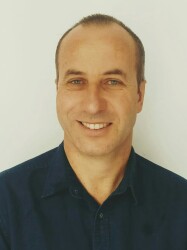BibTex format
@article{Shimizu:2021:10.1186/s12960-021-00672-2,
author = {Shimizu, H and Pacheco, Santos L and Sanchez, M and Hone, T and Millett, C and Harris, M},
doi = {10.1186/s12960-021-00672-2},
journal = {Human Resources for Health},
pages = {1--8},
title = {Challenges facing the more doctors program (Programa Mais Médicos) in vulnerable and peri-urban areas in Greater Brasilia, Brazil},
url = {http://dx.doi.org/10.1186/s12960-021-00672-2},
volume = {19},
year = {2021}
}

